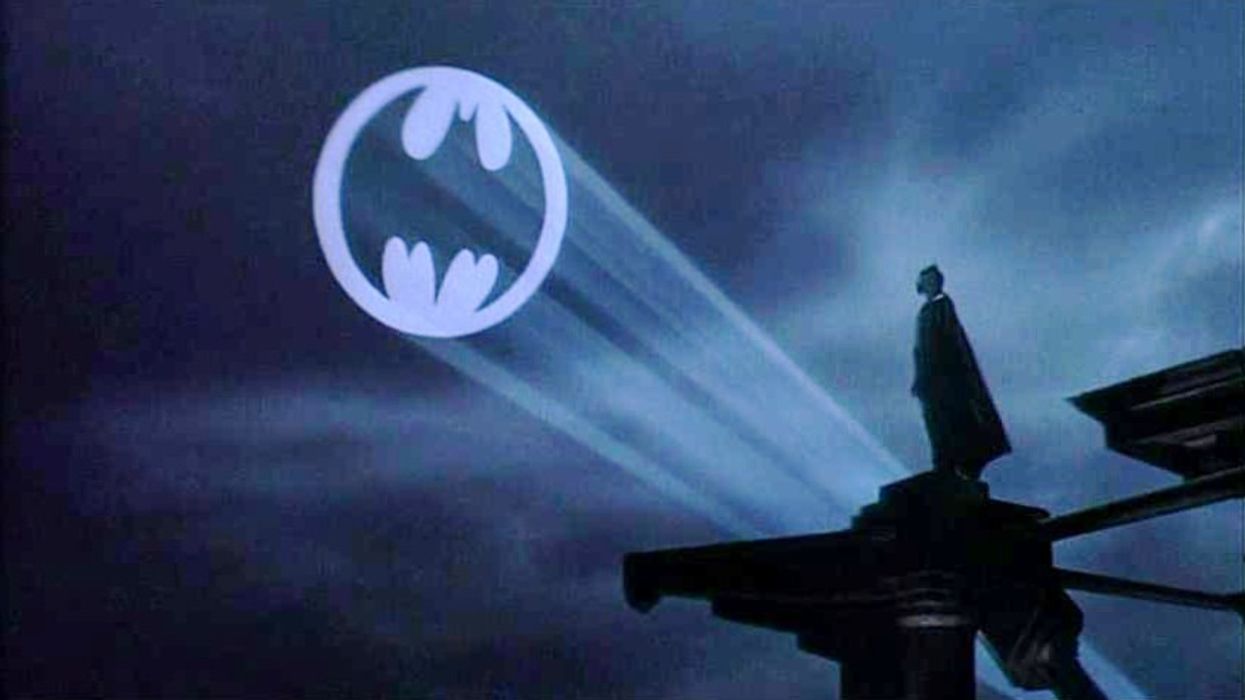This Silent Film Edit of Tim Burton's 'Batman' Shows Us the Importance of Visual Language
Who needs dialogue anyway?

Although we are deep in the cinematic realism of film and television, silent films still have a massive influence on the world of filmmaking.
Silent films are part of the film language that evolved over time. Without sound, the film’s visual language becomes essential to the story and the viewer. Emotion is shown through clever camera angles and elaborate set designs help to carry the tone of the film through each scene.
To celebrate National Silent Movie Day, Twitter user Ben Crew posted his silent film edit of Tim Burton’s Batman (1989). Edited to have a back-and-blue filter and dialogue cards, the silent film edit shows off Burton’s visual storytelling talent. Check it out below!
This is a great exercise for filmmakers who are learning to create a visual language that translates what is happening in the story. Burton’s Batman has a unique gothic visual language that is accentuated by the high camera angles and the seemingly never-ending heights that establish the location and the stakes of the story. Burton's language in the film still influences the newer Batman films, with Christopher Nolan's The Dark Knight often referencing many of Burton's shots.
The film’s visual language feels reminiscent of German Expressionist silent films like The Cabinet of Dr. Caligari or Nosferatu, framing the villain as inescapable as the hero struggles.
If you want to see if your film’s visual language works, then try this exercise. Silence the sound design of your project, and watch to see if a scene is effectively delivering the tone and emotion you wanted.
You can also do this with other films that you admire to see what makes the visual language appealing to you. Eventually, you will be able to apply the visual tricks you’ve studied to your own project and even play with certain visual tropes to get a specific response from your audience.
What other films do you think would work as silent films? Let us know in the comments below!
Source: Ben Crew via Twitter











